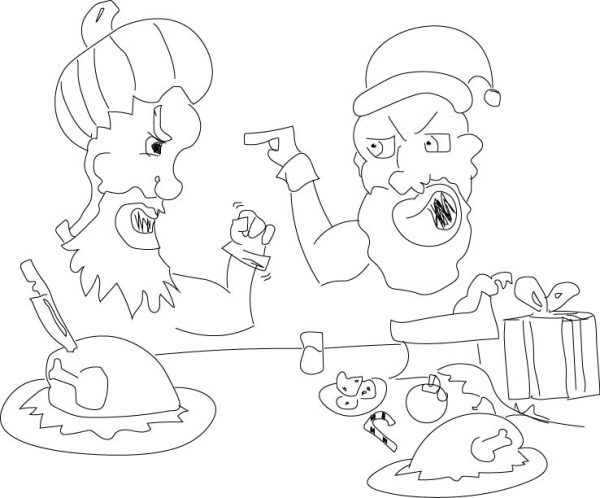OPINION: Is country music a genre?
From Issue 7

Honestly, can new country music even be considered its own genre? Aside from the (often faked) country accents, there is no real uniting factor in these songs. Perhaps the subjects of the songs, however, are what holds these songs together: trucks, jeans, girls, four-wheelers, back roads, and beer. There are very few country songs that have genuine meaning.
Old country songs had an important message. Think of Johnny Cash’s songs that, despite their simplicity, spoke of real life issues and triumphs. He told real stories, not clichéd, shallow taglines repeated over and over again. Think of Dolly Parton, who embraced her Southern stereotype while also breaking boundaries for women, especially in country music. Think of Merle Haggard, who told his story of struggle and redemption as an American epic through his music. Think of Willie Nelson, who fought against the mainstream country music of the time to make music that meant something to him. With their music, they aimed to depict the true highs and lows of real life with substantial, genuine feelings.
The country boy stereotype has come to dominate this once meaningful genre, leaving it dryer and more offensive than ever. These boys have all or most of these characteristics: boots, trucks, four-wheelers, guns, heavy southern accents, and an oversized belt buckle. He loves his mom, beer, fishing, and hunting. He’ll make sure that you know these things if you listen to his music. If this guy were an original, he would be pretty cool. Thousands of songs later, however, his country boy lifestyle gets pretty boring.
Many of the songs are romantic; the majority are written by men about women. Some of these are really genuine and sweet, but others are just sexist. They’re extremely degrading; they often describe women’s bodies in an objectifying manner, hiding under the guise of romanticism. For example, in Luke Bryan’s “That’s My Kind of Night,” he says, “You got that sun tan skirt and boots. Waiting on you to look my way and scoot your little hot self over here. Girl hand me another beer! All them other boys wanna wind you up and take you downtown. But you look like the kind that likes to take it way out. Out where the cornrows grow, row, row my boat.” Does he care about her personality? Probably not. Country songs like this often portray women as objects to be proud of rather than equals.
Even beyond these deep-rooted issues, country music is just simply unoriginal in every aspect. Take Keith Urban, for instance. His songs are most akin to Christian contemporary music, which is fairly infamous for its monotonous, repetitive, and overused melodies. The only thing differentiating these songs is his accent, which is fake! He’s from New Zealand; he can’t have a Southern accent! To be fair, though, discounting the lyrics, the vast majority of new country sounds exactly like Christian contemporary, so Keith Urban isn’t the only one failing the genre. Other artists such as Florida Georgia Line simply fall into the category of pop music, which has become the definition of repetitive beats and shallow lyrics. Country cannot be considered its own genre when it simply utilizes an existing style of music and just alters the lyrics to stereotypical “country things.”







